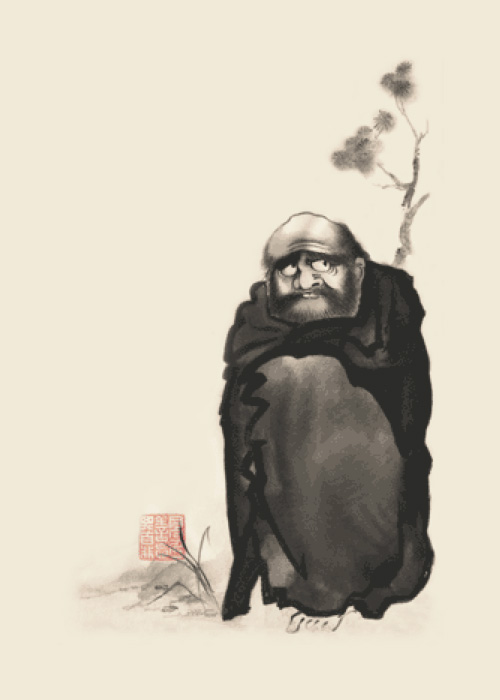 Blue Cliff Record, Cases 17 and 20
Blue Cliff Record, Cases 17 and 20
Note: I am compiling a database of koans. So far there are 1,616 koans in the database. The koan which asks, in one way or another, the question “Why did Bodhidharma (or the Patriarch) Come from the West,” turns up thirty-two times. Besides our two entries in the Blue Cliff Record, the koan-question appears in the Wumenkuan, the Rinzairoku, the Record of Layman Pang, the Dentoroku, the Record of Dongshan, and the Iron Flute. Thirteen of these entries involve Chao-chou. I will include the Chao-chou koans in the discussion about this case.
First, from the Blue Cliff Record:
Case 17
A monk asked Hsiang Lin, “What is the meaning of the Patriarch’s coming from the West?
Hsiang Lin said, “Sitting for a long time becomes tiresome.”
Case 20
Lung Ya asked Ts’ui Wei, “What is the meaning of the Patriarch’s coming from the West?”
Wei said, “Pass me the meditation brace.”
Ya said, “Since you hit me I let you hit me. In essence though, there is no meaning of the Patriarch’s coming from the West?”
Ya also asked Lin chi, “What is the meaning of the Patriarch’s coming from the West?”
Chi said, “Pass the cushion.”
Ya took the cushion and handed it to Lin Chi; Chi took it and hit him.
Ya said, “Since you hit me I let you hit me. In essence though, there is no meaning of the Patriarch’s coming from the West?”
Continue reading →
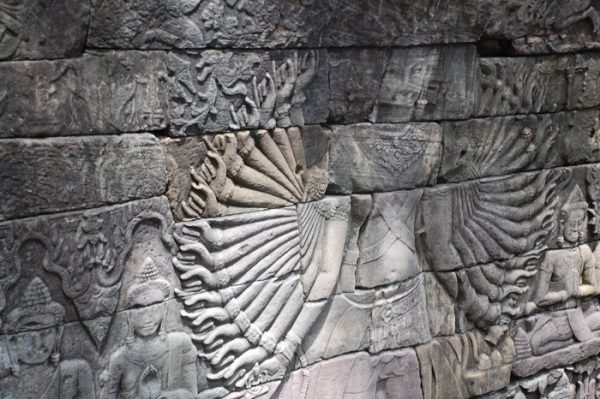


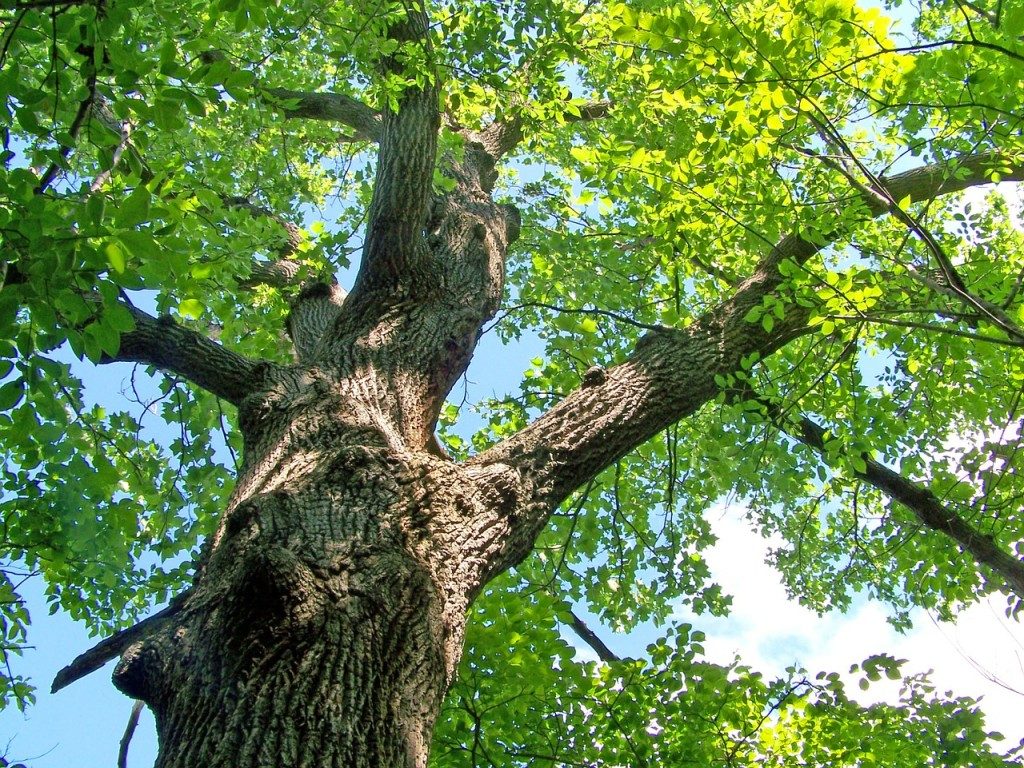 I wanted share something with a seasonal theme, given that spring is almost here. I realize that the spring equinox passed several weeks ago; a day on which the season undoubtedly arrived somewhere, perhaps in Maryland or New Jersey. However those of us who have endured the last few weeks punctuated with spells of cool, damp, weather, giving us frequent downpours of frigid rain and flooding the rivers, know that here in Maine spring has not arrived; we are mired in “mud season.” So, I thought that it would be a good time to look at a koan with a pleasant taste of nature to lift our spirits.
I wanted share something with a seasonal theme, given that spring is almost here. I realize that the spring equinox passed several weeks ago; a day on which the season undoubtedly arrived somewhere, perhaps in Maryland or New Jersey. However those of us who have endured the last few weeks punctuated with spells of cool, damp, weather, giving us frequent downpours of frigid rain and flooding the rivers, know that here in Maine spring has not arrived; we are mired in “mud season.” So, I thought that it would be a good time to look at a koan with a pleasant taste of nature to lift our spirits.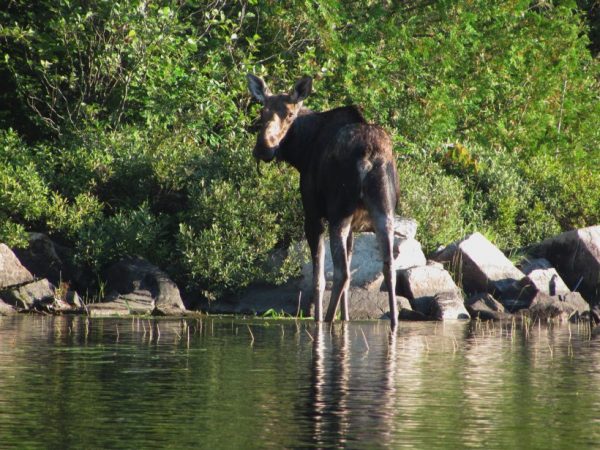 When the Master was about to die, the head monk asked him, “Your Reverence, a hundred years from now where will you be?” “I shall be a water buffalo at the foot of the hill,” said the Master. “Will it be alright for me to follow you?” asked the head monk. “If you follow me, you must hold a stalk of grass in your mouth,” was Puyuan’s reply.
When the Master was about to die, the head monk asked him, “Your Reverence, a hundred years from now where will you be?” “I shall be a water buffalo at the foot of the hill,” said the Master. “Will it be alright for me to follow you?” asked the head monk. “If you follow me, you must hold a stalk of grass in your mouth,” was Puyuan’s reply.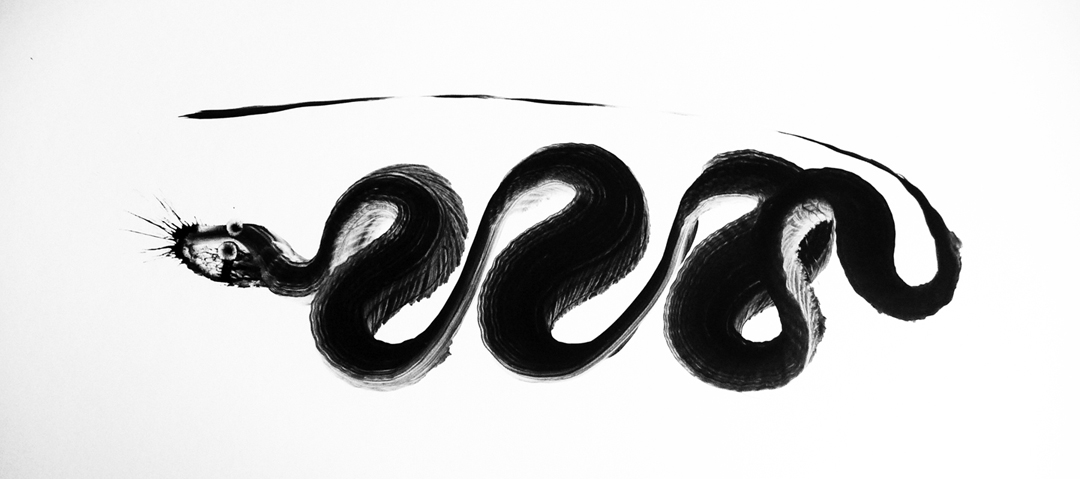 Blue Cliff Record, Case 22
Blue Cliff Record, Case 22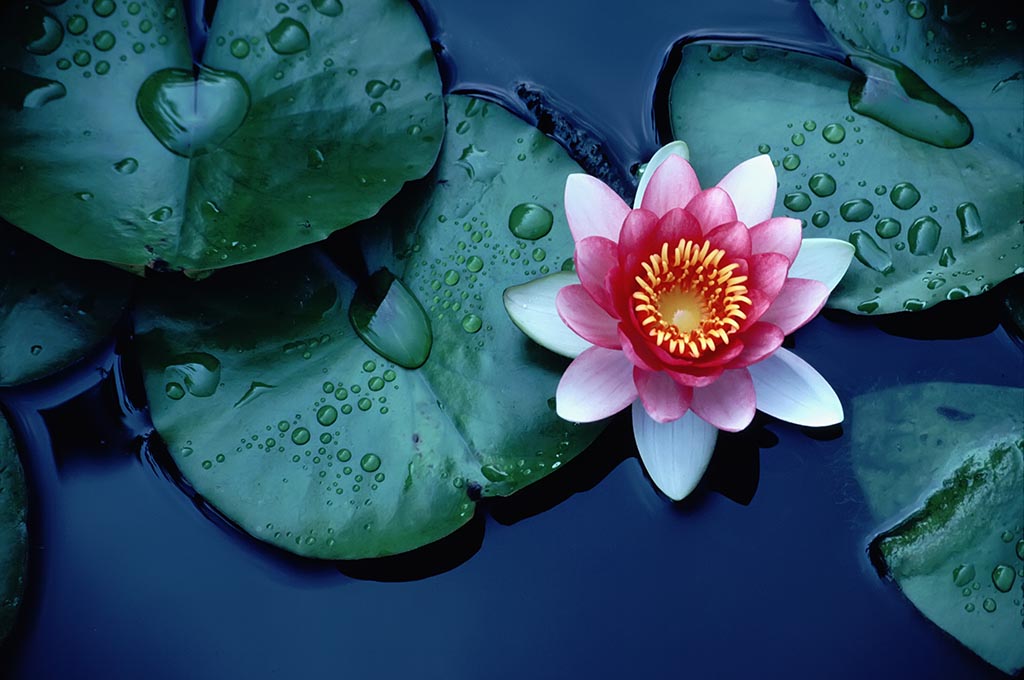 Blue Cliff Record, Case 21
Blue Cliff Record, Case 21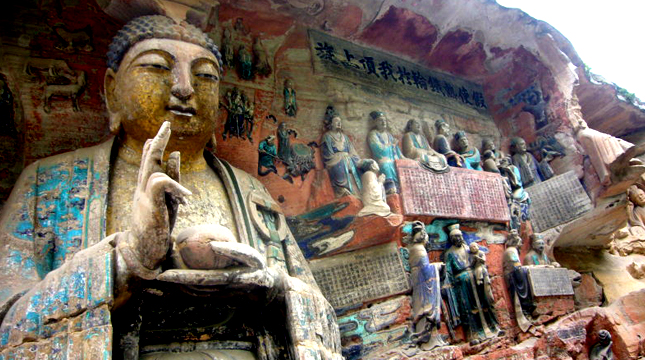 Blue Cliff Record, Case 18
Blue Cliff Record, Case 18 Blue Cliff Record, Cases 17 and 20
Blue Cliff Record, Cases 17 and 20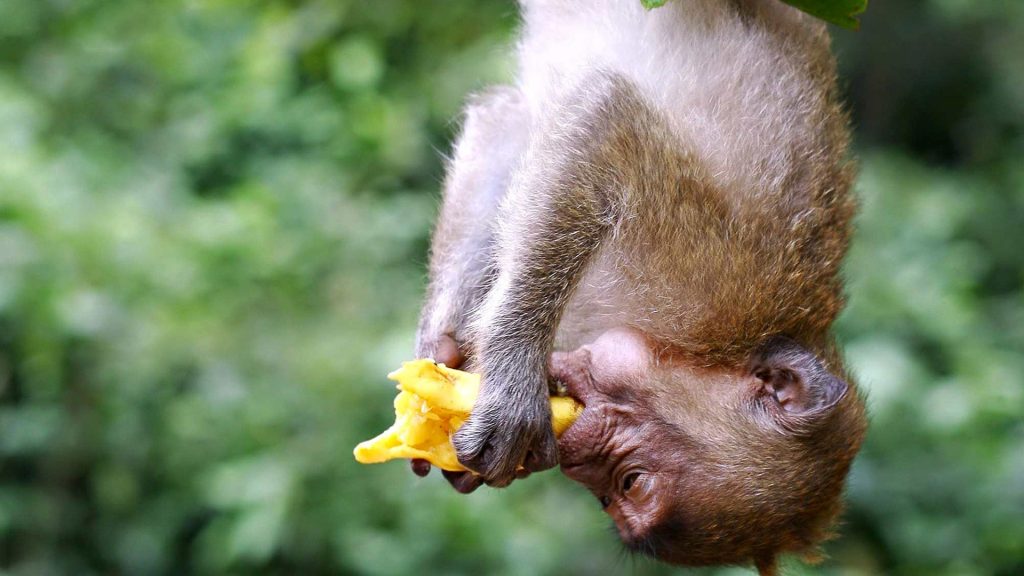 Blue Cliff Record, Case 15
Blue Cliff Record, Case 15